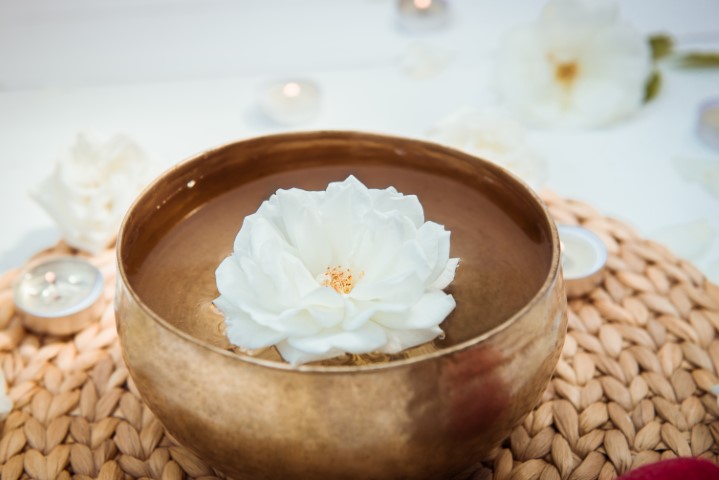Build Castles from Within
written by Jordan Gros
Detached Love is Unconditional Love
“Build you a castle from within, that way, if an earthquake strikes, you lose nothing because it’s all inside.” -Formaneaux
A beautiful, exciting part of the human experience: the ability of our conscious minds to transcend the primal and fear-based state where we often reside. From the moment we are born, we immediately develop attachments to things, people, and feelings. Early childhood attachments are crucial to survival.
“Build you a castle from within, that way, if an earthquake strikes, you lose nothing because it’s all inside.” -Formaneaux
A beautiful, exciting part of the human experience: the ability of our conscious minds to transcend the primal and fear-based state where we often reside. From the moment we are born, we immediately develop attachments to things, people, and feelings. Early childhood attachments are crucial to survival.
However, most of the attachments we develop are rooted in fear. As we grow older, we must develop an awareness of our attachments to experience the highest states of love. It is through the Buddhist ideology “Love is Detachment” that we can learn to view our attachments objectively — and practice detachment.
We can maintain a ‘full cup’ more often by practicing this ideology since others are not our sources of energy. It is through our own self-sovereignty that we can recognize others’ sovereignty.
By giving others absolute freedom, we can love them for who they truly are — rather than who we have decided they are in our minds.
Attachement vs Love
Attachment comes with expectations; the opposite is unconditional love. Attachment is placing value on another person based on how that person makes us feel: inherently limiting oneself. By allowing someone to be just as they are, we can release our expectations and truly accept them. This act of love is also an act of love towards the self; by detaching from expectations, we give oneself the gift of peace.
We can only feel the pain of loss if we are attached to the source of pain.
We are not our emotions. We are not the things we strongly identify with. We are not even the bodies we identify with, because it is inevitable that we will all age and die. Practicing detached love can be applied to all areas of life.
Nothing external can provide us with lasting happiness, because lasting happiness only comes from within.
The tonality within Formaneaux’s spirituality music is inspired by Eastern philosophies, Buddhist and Hindi tenets and worldviews. In his song “Castles”, Formaneaux sings “But I’m inspired and my love won’t last too long / Soon this energy is gone / Lose what you cling to.” All that is gained will somewhat be lost. Suffering arises when we have clung to an attachment with such a strong grip that we feel lost in its absence. Practicing non-attachment allows us to ebb and flow with the changes that occur in our lives, and helps us to be less fearful of these inevitable changes.

Nothing external can provide us with lasting happiness, because lasting happiness only comes from within.
Mastering The Buddhist Philosophy “Love is Detachment”
Like with all spiritual ideologies, only through practice can we achieve mastery. There is nothing inherently wrong with attaching to things and people. However, to begin detachment we must have compassion for ourselves, awareness of our attachments, and the reasons why we do it. Only through this awareness can we begin to practice neutrality to these attachments.


